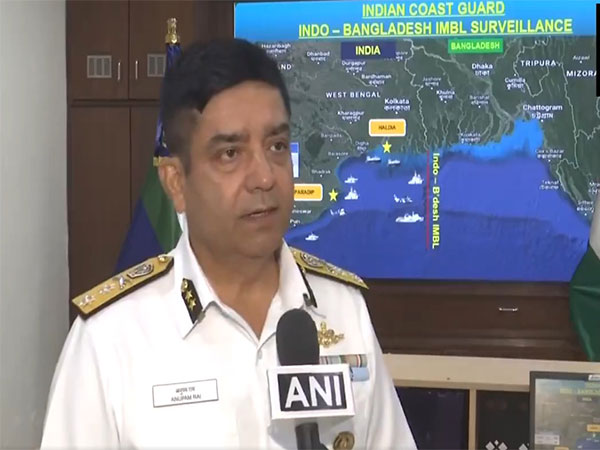In response to the recent political upheaval in Bangladesh following the departure of former Prime Minister Sheikh Hasina, India has significantly increased maritime surveillance along the international boundary line.
Anupam Rai, Deputy Director General of the Indian Coast Guard, told ANI on Monday that security has been bolstered to address potential threats. “After the political unrest in Bangladesh, Indian Coast Guard has enhanced its patrolling and surveillance along the international maritime boundary line,” Rai said, adding that two to three ships have been positioned to prevent any hostile acts or illegal intrusions.
The Coast Guard has intensified surveillance in the Sundarbans Creek areas, deploying air cushion vessels and interceptor boats for patrols. Coastal surveillance radars at Haldia, Paradeep, and Gopalpur are operating around the clock to monitor India’s coastal regions for any signs of illegal activity.
Rai emphasized that while no illegal activities have been detected so far, Coast Guard ships have been instructed to board and inspect all fishing boats and vessels near the Indo-Bangladesh International Maritime Border Line (IMBL) and in creek areas.
Meanwhile, the Border Security Force (BSF) has intensified security along the Indo-Bangladesh international land border. Deployment at border outposts has been increased, and all surveillance equipment is being fully utilized for effective monitoring.
The Ministry of Home Affairs has established a committee, led by the Additional Director General of the BSF Eastern Command, to oversee the situation at the Indo-Bangladesh border.
Formed on August 9, the committee includes the ADG of BSF Eastern Command as the Chairman, along with the IG of BSF Frontier HQ South Bengal, the IG of BSF Frontier HQ Tripura, a member (Planning and Development) of the Land Ports Authority of India (LPAI), and the secretary of LPAI.
Bangladesh was engulfed by demonstrations and violence after student protests last month against quotas that reserved a high portion of government jobs for certain groups escalated into a campaign to oust Hasina.
Hasina went to New Delhi after leaving Bangladesh, ending her uninterrupted rule of 15 years.
(With input from agencies)




















